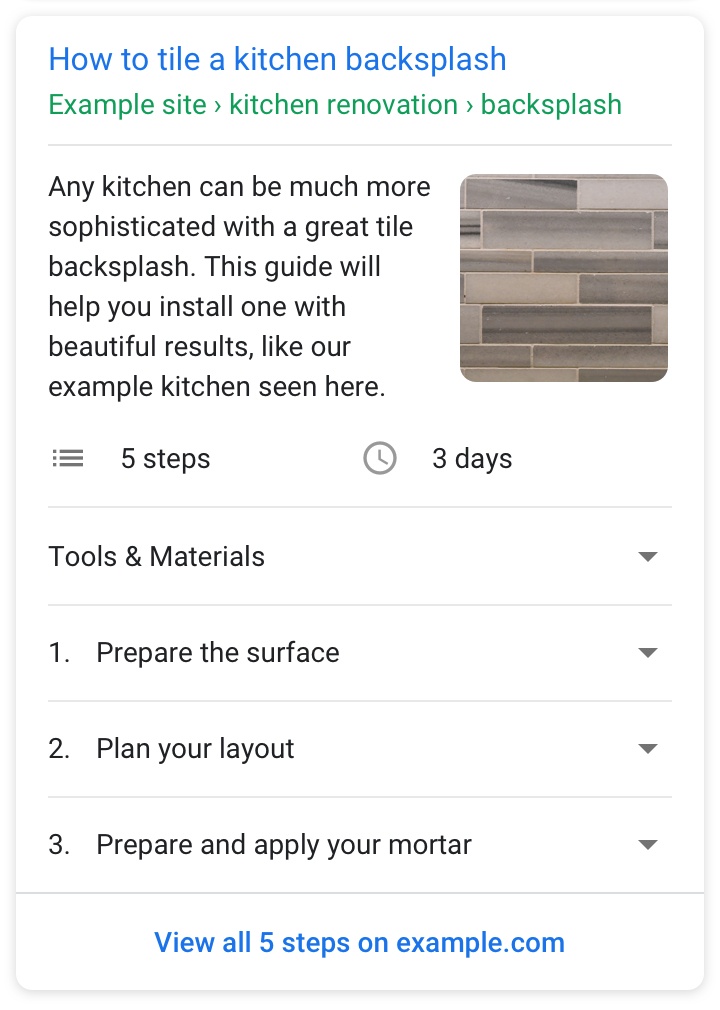August 2023 SEO Industry Updates
- Industry News
- By multiple authors
- 7 minutes read
Google and the search industry had some major announcements roll out in August 2023. Here are the things you need to know from the Conductor Customer Success team.
Google Launches August 2023 Core Update
By Leayam Meiri
The what:
Google announced the launch of the August 2023 core update, which may take weeks to complete.
Core updates are regularly released to make sure that users are getting the most relevant and helpful results possible.
If your site has seen a decline in rankings, this does not indicate an issue with your website, site structure, or content but could be related to the adjustments Google released with the core update.
It’s still too early to tell what the impact will be across the industry but make sure to continue to monitor your keyword rankings and traffic.
The why:
It’s important we have benchmark reporting set up prior to a core update being released because there could be a lot of different outcomes related to this.
Low visibility pages can be rewarded, while top-performing content may start to see decreases.
If we start to see decreases, it could take several months to recover rankings and traffic related to impacts from a core algorithm update.
For those who notice drops in keyword rankings or traffic, make sure we prioritize improving the quality of our website, such as content and structure, instead of looking to improve technical issues.
For everyone:
- Refer to the Google Algorithm Update Guide in Conductor’s Academy
- To improve your search performance after an update, Google recommends the following:
- Look closely at pages that aren’t performing well.
- Check what search terms led people to those pages.
- Compare your content to the questions Google provides on its help page.
- Monitor this within Google Search Console, your analytics provider, or whatever SEO platform you are using.
For Conductor customers:
- Refer to the Google Algorithm Update Guide in Conductor’s Academy
- Performance Evaluation: Go to Pages or Page Groups to monitor website traffic to assess performance over time. Track metrics like page views, unique visitors, and bounce rates to spot trends and areas for improvement.
- SEO Insights: Go to Keywords to analyze keyword performance regularly to identify effective keywords driving organic traffic and adjust as needed. Refine content strategy and target the right audience based on this data.
- Competitor Analysis: Go to Market Share to examine traffic and keyword data to benchmark against rivals. Identify their ranked keywords and traffic sources for competitive insights. Adapt your strategy and leverage opportunities for better performance.
- Discuss with your Customer Success Manager on how to navigate these workflows or build an Organic Performance Report to monitor these potential changes.
HowTo & FAQ Rich Results to be Downgraded by Google
By Janell Lindberg
The what:
Google has decreased the prominence of "HowTo" and "FAQ" rich results in its search listings. This change means that these types of results will appear less frequently in search results, leading to potential implications for websites that rely on these formats for visibility and traffic
HowTo Rich Results:

FAQ rich results:

The why:
Google's decision aims to provide users with "a cleaner and more consistent search experience.” Moving forward, Google will only show FAQ rich results for authoritative government and health websites. “How-To (from HowTo structured data) rich results will only be shown for desktop users, and not for users on mobile devices.
Overall, Google wants to provide a cleaner and more consistent search experience therefore they are changing the way they show these result types in search results.
For everyone
- It’s still useful to keep HowTo structured data because it’s not going away entirely. It’s only going away for search results on mobile devices.
- For How-to structured data, Google advises the following:
- “While you can drop this structured data from your site, there’s no need to proactively remove it.
- Structured data that’s not being used does not cause problems for Search, but also has no visible effects in Google Search.”
- Monitor the pages you had HowTo & FAQ schema on to understand if there is any impact to clicks, impressions, CTR, or keyword rankings overtime.
For Conductor customers
- Monitor your People Also Ask results within the Result Types feature to see how your universal result visibility might have been impacted.
- For the pages you have "How To" and "FAQ" structured data on, you can also make a Page Group for those pages to see if they've gone down in visibility based on these changes.
- Overall, there’s no need to remove the structured data from your website but don’t expect these rich results to be appearing in the same way.
Google Announces A Ranking Framework Called Term Weighting BERT
By Nick Gallagher
The what:
This is a new update that there's been a recent research paper published about. It's not confirmed to be a part of Google's algorithm yet, but probably will be soon if it's not already.
BERT was an algorithm update that added natural language processing into the algo to better understand queries. This "term weighting" update will use AI and LLMs to assign weights to the words inside a query. For example, if you search "nike running shoes", the TW-BERT model would assign more weight to "nike" because you’ve specified a brand, and it would identify that the phrase "running shoes" together should hold more weight than the two words separately because my search indicates I'm only looking for products that are both, rather than one or the other.
The why:
Google wants to serve the best results for searchers at all times. This update furthers that goal by understanding search queries even better than before and continues folding more AI and machine learning into Google's algorithm.
Google cares the most about making sure the user finds a relevant and helpful answer when using the search engines and this will only help benefit the user’s experience on search.
For everyone:
- Continue to choose relevant keywords to optimize your content around.
- Google wants to serve users the most relevant results so make sure you are doing keyword research before creating content.
- Monitor your keywords and pages using Google Search Console or an SEO platform to ensure they are still ranking well and converting organically.
For Conductor customers:
- In the keyword research and optimization workflows, continue to choose target keywords that are the most relevant to their content and products, even if that means sacrificing some search volume from a broader keyword.
- Google wants to serve users the most relevant results so make sure you are doing keyword research before creating content.
- Monitor your keywords and pages in Keyword Groups & Page Groups to monitor how they are ranking organically and to make sure they are generating traffic.
Google Will Now Index CSV Files
By Zack Kadish
The what:
Google recently updated their documentation that CSV files (.csv) will now be indexed.
CSV files are text files that are typically displayed in a spreadsheet format. This is a brand new functionality for search.
The why:
Google previously allowed CSV files to sometimes appear in search results based on the structured data that was on the page.
This new update could be related to the recent broad core algorithm update but essentially this means that Google might be able to crawl CSV files and use this in the search results.
Here is a full list of file types that Google can index.
For everyone
- Monitor the SERPs to see if any of your current CSV files are showing up or if any competitors have CSV files being indexed.
- Start to think about how this can benefit your content strategy by including CSV files within your content.
- Continue to check Google Search Console or Analytics to monitor any increase in rankings, traffic, or clicks.
For Conductor customers
- Nothing to do until we learn more around how this will impact the SERPs and be displayed.
- Start to think about how this can benefit your content strategy by including CSV files within your content.
- Moving forward, we can do more keyword research around what keywords generate a CSV file.
- Finally, we can monitor how keywords that rank for CSV files or pages with CSV files perform using the platform and creating specific Keyword Groups & Page Groups to monitor.










